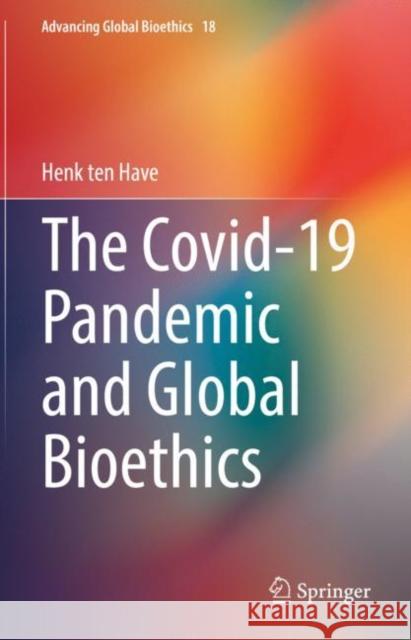The Covid-19 Pandemic and Global Bioethics » książka
topmenu
The Covid-19 Pandemic and Global Bioethics
ISBN-13: 9783030914905 / Angielski / Twarda / 2022 / 240 str.
The Covid-19 Pandemic and Global Bioethics
ISBN-13: 9783030914905 / Angielski / Twarda / 2022 / 240 str.
cena 442,79
(netto: 421,70 VAT: 5%)
Najniższa cena z 30 dni: 424,07
(netto: 421,70 VAT: 5%)
Najniższa cena z 30 dni: 424,07
Termin realizacji zamówienia:
ok. 22 dni roboczych.
ok. 22 dni roboczych.
Darmowa dostawa!
Kategorie BISAC:
Wydawca:
Springer Nature Switzerland AG
Seria wydawnicza:
Język:
Angielski
ISBN-13:
9783030914905
Rok wydania:
2022
Ilość stron:
240
Wymiary:
23.5 x 15.5
Oprawa:
Twarda
Dodatkowe informacje:
Wydanie ilustrowane











